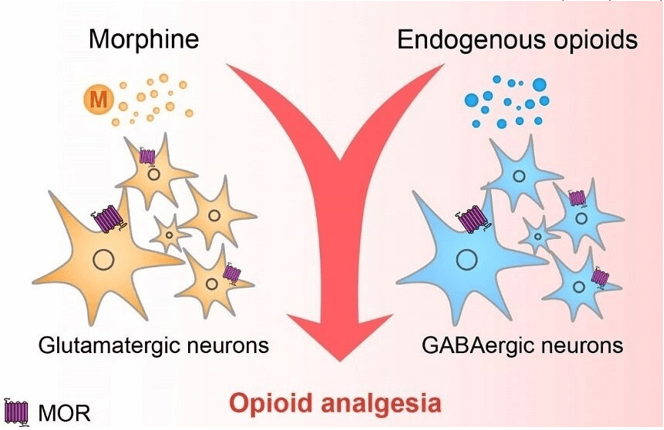For the past six hours, a postoperative male client has refused pain medication because he believed that he could "tough it out." When an opioid analgesic is administered, the client has difficulty obtaining a satisfactory level of comfort.
Which action is best for the practical nurse (PN) to use in assisting this client to deal with his pain?
Dim the lights in the room and close the door.
Guide the client through slow, rhythmic breathing.
Turn the television on to the client's favorite show.
Obtain a prescription for a higher dose of pain medication.
The Correct Answer is B
This is the best action for the PN to use in assisting this client to deal with his pain because it provides a non- pharmacological method of pain relief that can enhance the effect of the opioid analgesic. Slow, rhythmic breathing can help the client relax, distract from the pain, and increase oxygenation and blood flow.

Nursing Test Bank
Naxlex Comprehensive Predictor Exams
Related Questions
Correct Answer is B
Explanation
The correct answer is choice B: Children need time to actively explore their environment. Choice A rationale:
Playpens do provide a sense of security for the child, but confining the child solely to the playpen might hinder their developmental needs. While it is essential to have a safe space for a toddler, children also require opportunities to explore and engage with their environment actively.
Choice B rationale:
The practical nurse (PN) should use this rationale when responding to the parent. Children, especially toddlers, learn and develop crucial skills through active exploration of their environment. Being confined to a playpen for extended periods may limit their opportunities for learning, hinder their physical development, and restrict social interaction, which are essential aspects of their growth.
Choice C rationale:
While playpens can provide a safe environment for a toddler when used appropriately and under supervision, keeping the child confined for the sole purpose of preventing dirtiness is not recommended. Overusing playpens can hinder a child's natural curiosity and desire to explore, potentially affecting their overall development.
Choice D rationale:
While over-concern about appearance can be harmful in some contexts, it is not directly related to the child being kept in a playpen to avoid getting dirty. The primary concern here is about providing the child with adequate opportunities for exploration, growth, and development, rather than focusing solely on appearance.
Correct Answer is A
Explanation
The correct answer is choice A: "It's OK if you don't want to look or talk about the mastectomy. I will be available when you're ready.”.
Choice A rationale:
This response shows empathy and understanding, acknowledging the client's feelings and respecting her decision not to look at or discuss the incision. It allows the client to take control of her own emotions and healing process, while also reassuring her that the nurse will be available whenever she feels ready to talk or see the incision.
Choice B rationale:
Telling the client that she will feel better when she sees the incision minimizes her feelings and may be seen as dismissive. It does not address her emotions or concerns and can be counterproductive to building trust and rapport.
Choice C rationale:
Suggesting to call another nurse to be present while showing the wound might make the client feel uncomfortable or pressured. It is essential to establish a therapeutic nurse-client relationship, and forcing the issue could increase the client's distress.
Choice D rationale:
Telling the client that part of recovery is accepting her new body image and needing to look at her incision is insensitive and inappropriate. It is not the nurse's role to dictate how the client should feel about her body or her healing process. Such a response could potentially harm the nurse-client relationship and hinder the client's emotional healing.
Whether you are a student looking to ace your exams or a practicing nurse seeking to enhance your expertise , our nursing education contents will empower you with the confidence and competence to make a difference in the lives of patients and become a respected leader in the healthcare field.
Visit Naxlex, invest in your future and unlock endless possibilities with our unparalleled nursing education contents today
Report Wrong Answer on the Current Question
Do you disagree with the answer? If yes, what is your expected answer? Explain.
Kindly be descriptive with the issue you are facing.
